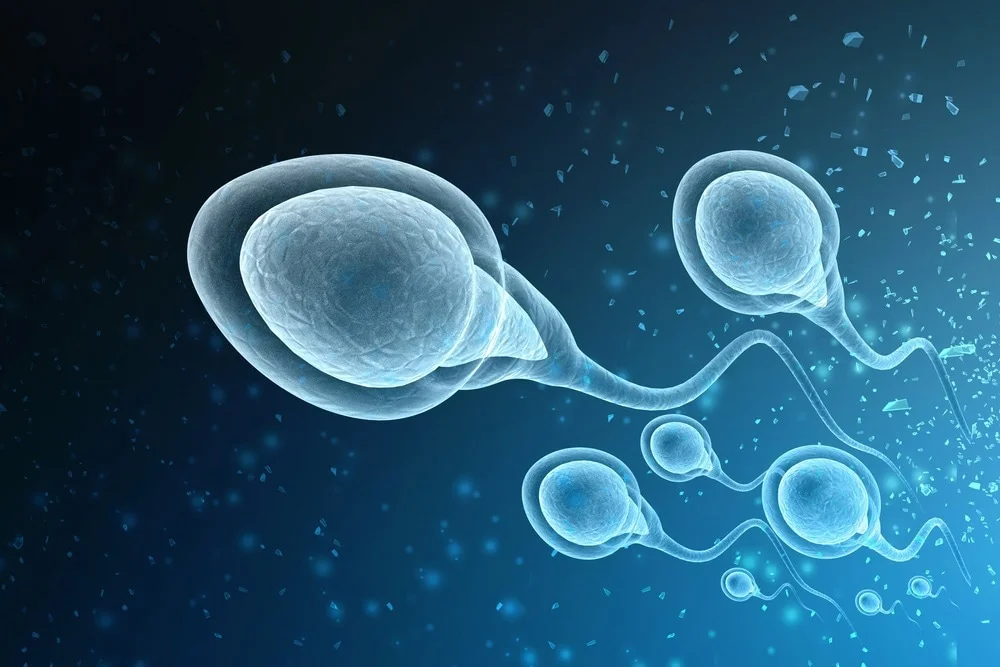Plant-based diets can “significantly increase sperm density and motility in men”, and is “related to a lower risk of sperm volume deficiency”, according to a new study published in the peer-reviewed International Journal of Fertility and Sterility.
 “Infertility is a major clinical problem that affects people psychologically and medically”, states the study’s abstract. “For the past 40 years, studies have linked nearly 50% of childlessness to male infertility. It is worth noting that unlike other factors contributing to infertility, diet is a tunable factor and can be applied in counseling infertile men. ”
“Infertility is a major clinical problem that affects people psychologically and medically”, states the study’s abstract. “For the past 40 years, studies have linked nearly 50% of childlessness to male infertility. It is worth noting that unlike other factors contributing to infertility, diet is a tunable factor and can be applied in counseling infertile men. ”
The goal of this study “was to determine the relationship between plant diet index (PDI) and semen parameters in Iranian infertile men.”
In this cross-sectional study, dietary intake was determined by a valid 168-item questionnaire (FFQ). In this study, “four dependent semen parameters, including total sperm motility (TSM), sperm concentration (SC), normal sperm morphology (NSM), and semen volume (SV) were measured.”
Results of this study stated that “greater adherence to the healthful plant-based diet index (hPDI), can significantly increase sperm density and motility in men, as well as greater adherence to the PDI dietary pattern is related to a lower risk of sperm volume deficiency, and ultimately more adherence to the unhealthful plant-based diet index (uPDI), can reduce the risk of sperm motility.”
Researchers conclude by stating that “In this study, for the first time, the relationship between PDI, hPDI, uPDI and male infertility was evaluated. Altogether, this study demonstrated that nutrition has an impact on semen quality and fertility of men.”
Below is the full abstract for this study. You can find the study’s full text by clicking here.
Abstract
Background: Infertility is a major clinical problem that affects people psychologically and medically. For the past 40 years, studies have linked nearly 50% of childlessness to male infertility. It is worth noting that unlike other factors contributing to infertility, diet is a tunable factor and can be applied in counseling infertile men. The goal of this study was to determine the relationship between plant diet index (PDI) and semen parameters in Iranian infertile men.
Materials and methods: In this cross-sectional study, dietary intake was determined by a valid 168-item questionnaire (FFQ). In this study, four dependent semen parameters, including total sperm motility (TSM), sperm concentration (SC), normal sperm morphology (NSM), and semen volume (SV) were measured.
Results: Results of this study stated that greater adherence to the healthful plant-based diet index (hPDI), can significantly increase sperm density and motility in men, as well as greater adherence to the PDI dietary pattern is related to a lower risk of sperm volume deficiency, and ultimately more adherence to the unhealthful plant-based diet index (uPDI), can reduce the risk of sperm motility.
Conclusion: In this study, for the first time, the relationship between PDI, hPDI, uPDI and male infertility was evaluated. Altogether, this study demonstrated that nutrition has an impact on semen quality and fertility of men.
